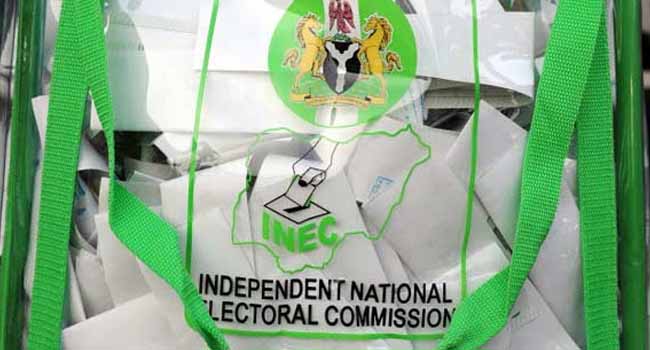Four Nigerian professionals based in the United States have advocated for diaspora voting, emphasizing that Nigerians abroad contribute over $20 billion annually to the economy and should have a voice in electing the country’s President.
The professionals appeared on the Sunday edition of Inside Sources with Laolu Akande, a socio-political program on Channels Television. The panel included Simon Ibe, Publisher of Global Patriot Newspaper (New Jersey); Kunle Deru, Attorney and former President of the Nigerian Lawyers Association in New York; Williams Ekanem, Professor of Communications and Media at Suffolk County College (New York); and Gbenga Omotayo, CEO of US-Africa Business Week (New York).
According to the World Bank, remittances from Nigerians abroad totaled $20 billion in 2023.
Ibe remarked, “Diaspora voting has been a recurring issue, and I believe now is the time to make it a reality. Many less-endowed nations have already enabled their citizens abroad to vote. With Nigerians contributing over $20 billion annually, it’s only fair they have a say in who leads the country.”
The Diaspora Voting Rights Bill, currently in the House of Representatives, passed its second reading on July 9, 2024. This bill aims to amend the Electoral Act of 2022, allowing Nigerians abroad to participate in future elections.
“Let the bill be passed, and let’s begin the process of implementation. It should happen,” Ibe urged.
Deru added, “Where there’s a will, there’s a way. While it may not happen in the next election cycle, we can at least set a target and work toward it, even if it’s part of a 10-year plan.”
Ekanem agreed that diaspora voting is long overdue but emphasized that for it to be meaningful, votes must count. “Elections are a numbers game. The key question is: will my vote count? That will determine turnout. If the process doesn’t ensure that, it could discourage participation,” he noted. He suggested starting with a pilot project in one or two countries before expanding further.
Omotayo highlighted the economic impact of the diaspora, noting that remittances to Nigeria surpass foreign direct investment. “If a group of people sends more money home than all the foreign investment coming into the country, they deserve to be part of the decision-making process. The government needs to make this work,” he concluded.



